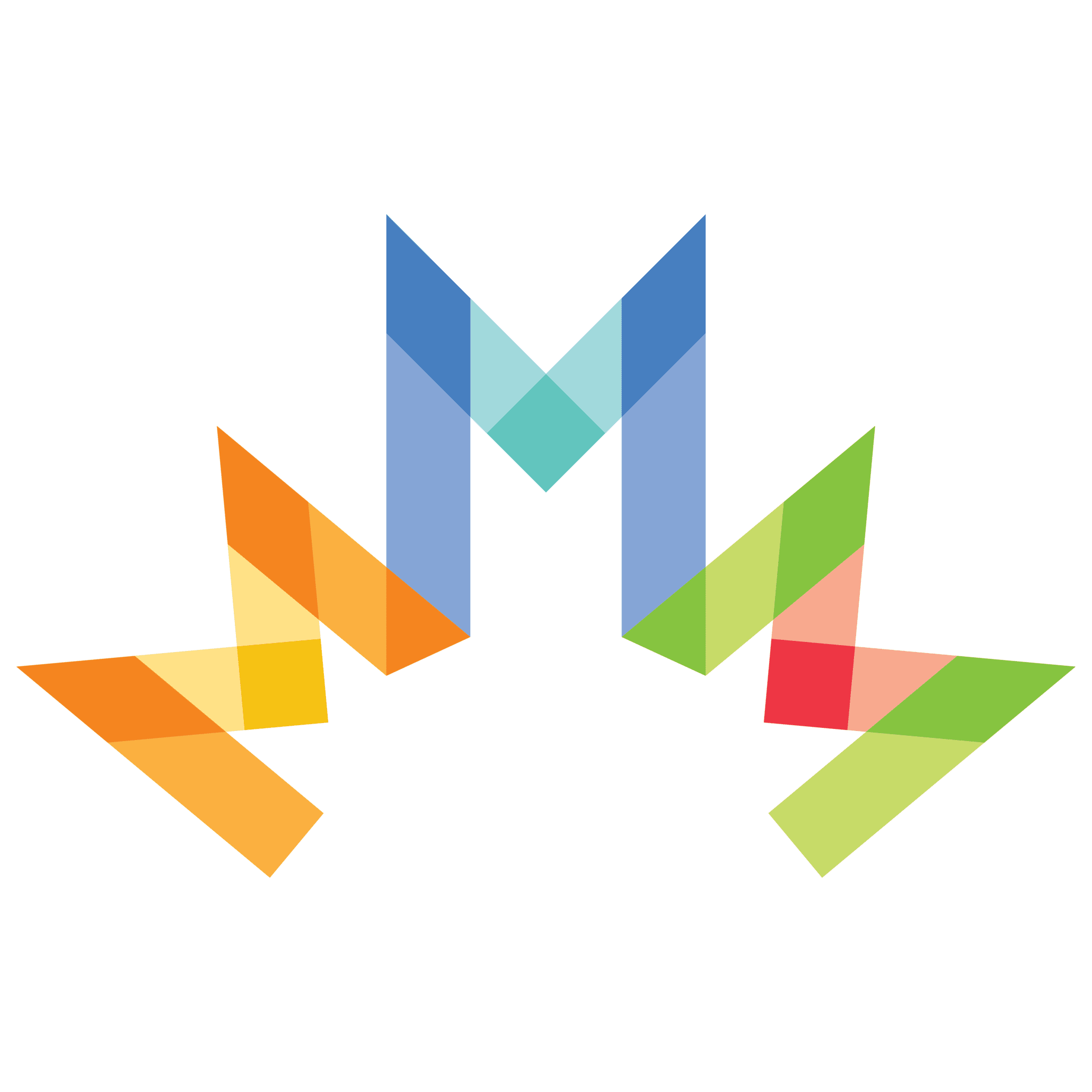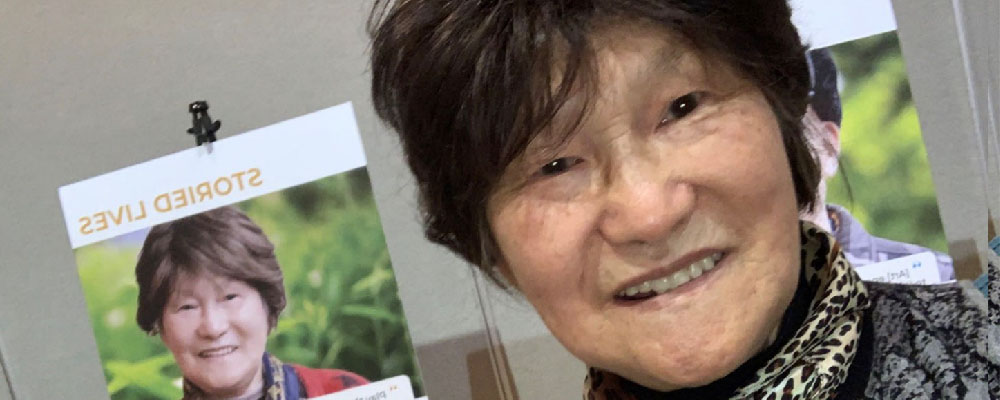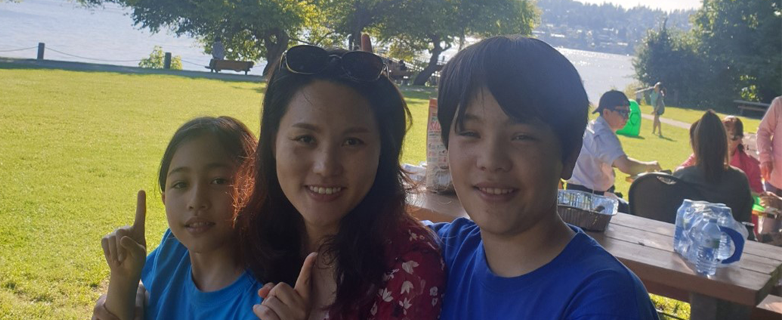By Alex Pershai, Facilitator, Trans Newcomers Resource Hub
When it comes to counselling, the first step is to recognize and accept that you need help. Many immigrants face one more invisible barrier seeking mental health support. In many cultures mental health is stigmatized; it might be associated with psychiatric diagnosis. The perception and acceptance of mental health issues varies between generations but many immigrants remain suspicious about getting support even after living in Canada for many years.
I grew up in Eastern Europe at a time when mental health issues “did not exist”. There was no such thing as anxiety or depression. Mental struggles were associated with serious psychiatric disorders that in many cases led to hospitalization. I grew up with expectation that I needed to suffer silently through bad days: pull myself together when feeling low, stop being hysterical when feeling anxious, find a rational explanation for dark thoughts – after all, people feel bad about themselves but they all deal with it, and so should you. Add the pressure of an aggressively homophobic society and hegemonic masculinity to it and you can taste the bitterness of silent and invisible suffering every day.
I carried this emotional chip on my shoulder for many years no matter where I was. I didn’t know how to cope with my problems, nor how to deal with my shame. I was ashamed of being weak, emotionally unstable and being a burden to others because I could not cure myself. At the same time, I was scared: I was afraid that seeking counselling might result in some sort of medical record that would prevent me from getting a job, driving license, or label me the wrong way in my community. I did not allow myself to reach out for help; my days got darker and colder, I spiraled deeper into isolation and depression. Lucky for me, one day I broke because I couldn’t bear it and sought out a local LGBTQ+ counselling support program. I got my initial interview within a week; I started seeing a counsellor within three weeks. Accepting counselling support was one of the best things that I have done for myself. Still, I cannot put into words how much I struggled to overcome my shame, fear and internalized prejudice towards mental health support.
It is useful to recognize the fears around mental health issues that we, as queer refugees and immigrants, carry with us. We definitely need more queer and trans-friendly counselling programs that cover financially vulnerable groups. But we also need community ambassadors who can explain the process and address the issues that many community members are scared or ashamed to raise.
This is a difficult topic but we need to start somewhere. Perhaps some of these points might be helpful:
- If you have thoughts or doubts about your emotional or mental well-being, chances are that you could benefit from seeing a counsellor.
- It is alright and sometimes necessary to seek counselling support; there is nothing to be ashamed of in taking care of your mental health.
- Counselling is anonymous; nobody needs to know.
- There is no medical record associated with getting counselling.
- A counsellor is there to help.
- Try not to deny your feelings; talk to your counsellor.
- Results take sustained effort – healing can be slow and it might take months or even years. Give it time; trust your counsellor.
For community ambassadors who have taken counselling and are ready to talk about it with your peers:
- You can share your experience only when you feel ready and want to do it; you and only you choose people to share your experience with and what information to share.
- You can share your experience privately – word of mouth is powerful and can help your peers.
- Don’t be shy about sharing contact information for trans-friendly counselling programs if someone asks for support. Most programs can be easily found on the websites of services and non-profits that offer counselling.
- Be discrete when you share this information – mental health is labelled an “inadequacy” or worse in many diaspora communities – it is a private matter, it requires sensitivity and diplomacy.
Looking back at my own experience, I can say that participating in the professional counselling program with a Vancouver-based queer organization helped me very much. I felt welcomed and supported. A few sessions into the program, I was comfortable talking about my past traumas. The counselling program helped me to grow stronger, face my fears and appreciate the simple joys of life. I became more aware of my needs, fears and feelings. Because of confidentiality I cannot name my counsellors and the program but you know who you are. I am deeply thankful for your guidance, patience and support. I am in a much better emotional place now because of you and your work.
If you are thinking about your emotional and mental health, are anxious, or depressed, you might want to check out these services:
MOSAIC offers various counselling programs:
https://www.mosaicbc.org/services/counselling/
Trans Care BC offers a directory of services and peer support groups:
http://www.phsa.ca/transcarebc/care-support/access-care/mntl-hlth-wellness
VAST supports refugees mental health: http://vast-vancouver.ca/
Health Initiative for Men (HIM) offers counselling and life coaching programs for male-identified folks: https://checkhimout.ca/gay-mens-health/mental-health/
Vancouver Coastal Health hosts trans health program that offers various resources: https://www.heretohelp.bc.ca/
Here are some resources in Vancouver Island: https://www.uvic.ca/research/transchair/contact/resources/index.php
If you have been tortured or experienced other extreme violence, please contact:
Canadian Centre for Victims of Torture or Vancouver Association for Survivors of Torture (VAST).
You deserve to be happy. Do not be afraid to ask about existing counselling services and reach out for help. You are not alone.
MOSAIC’s Trans Online Resource Hub provides information and support to folks who identify as transgender, transsexual, nonbinary, gender nonconforming, genderqueer, two-spirited, agender, polygender, bigender, and many more gender identities and expressions that are different from expectations based on their sex assigned at birth.




